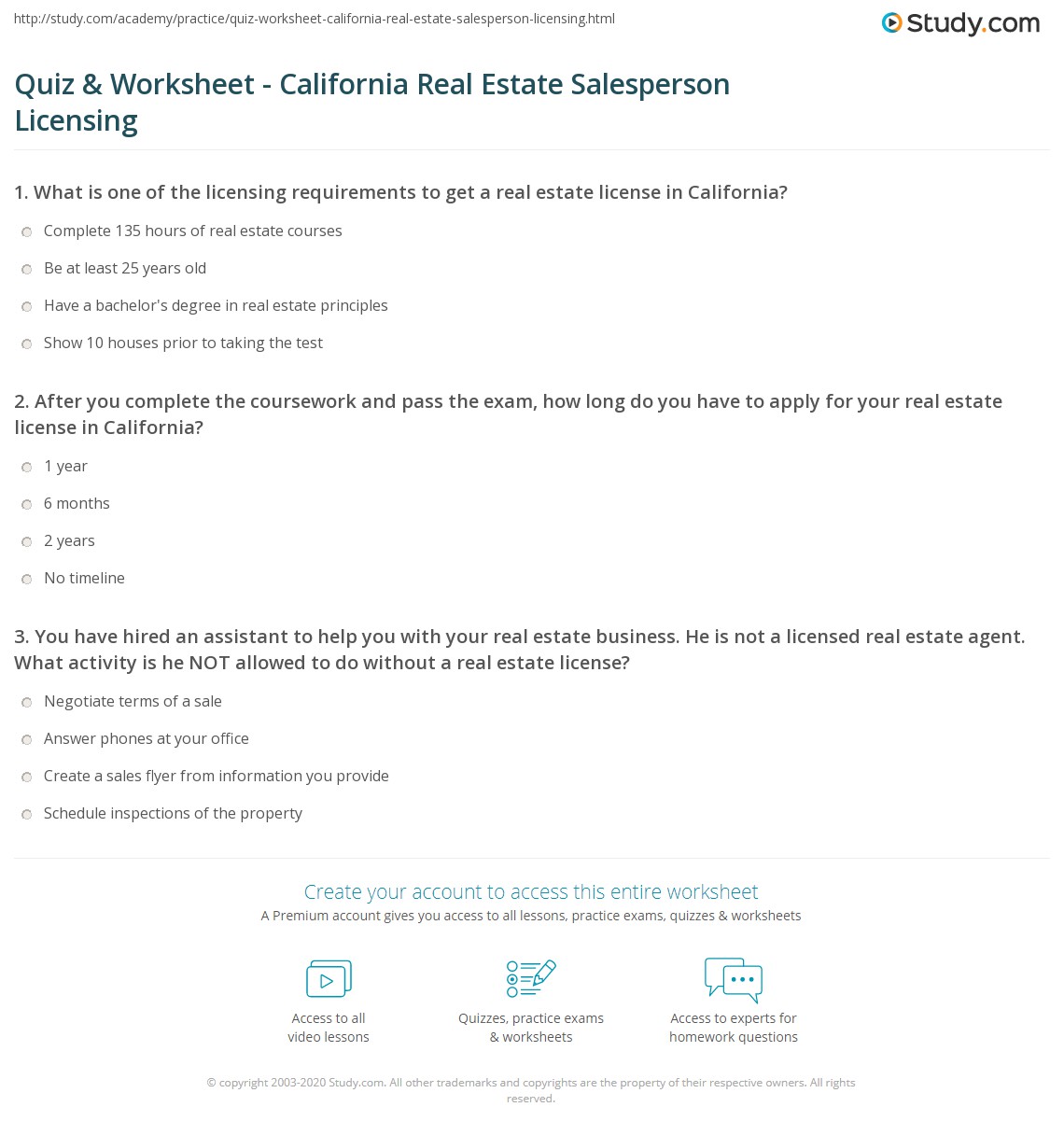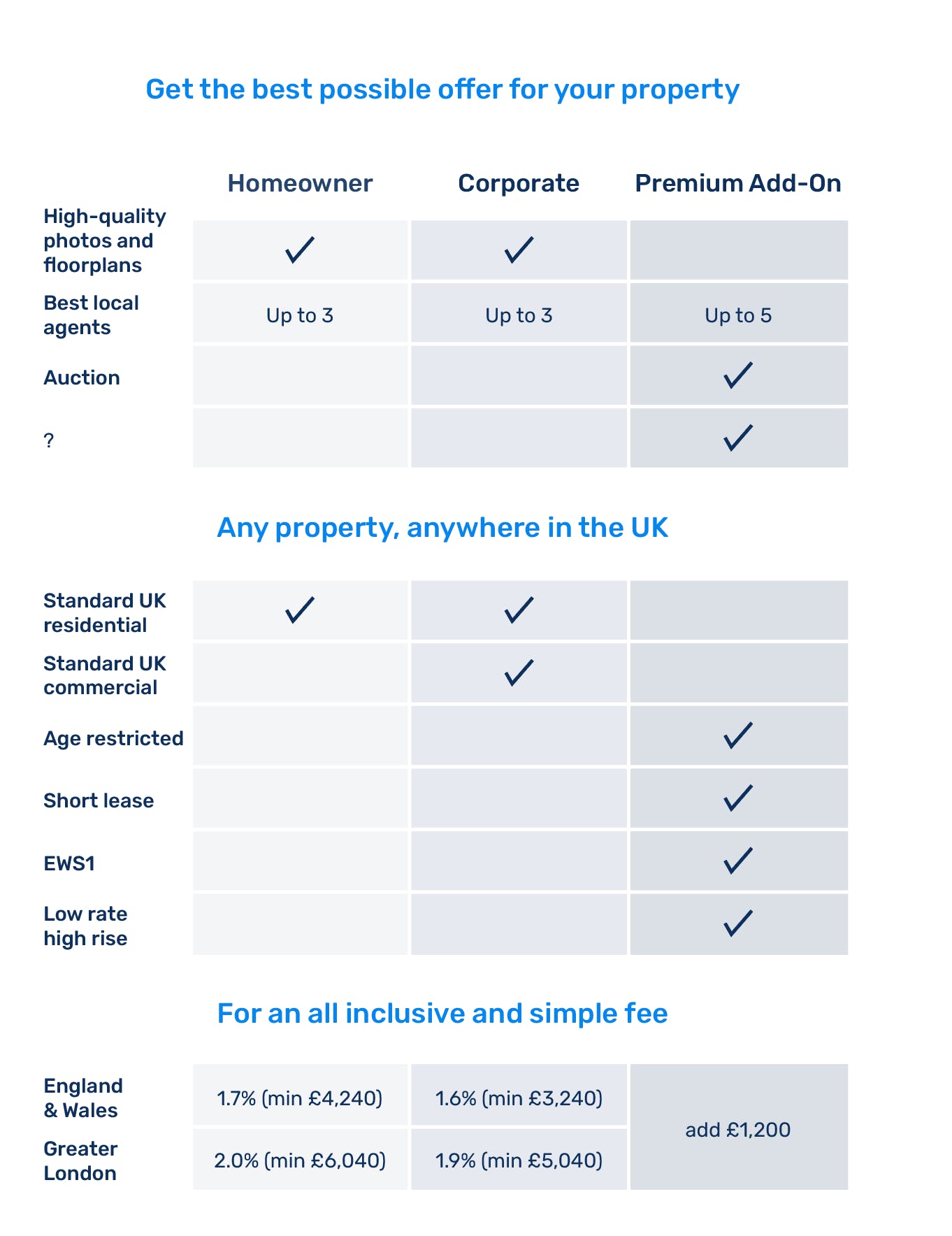
What happens if a property contract is terminated?
A real estate agreement is a legal document between a buyer or seller that specifies the terms and conditions of the sale. While it may seem complicated, it's essential to be able to anticipate what is expected and what to do in case of an unexpected outcome.
1. Protection Clause Real Estate
You should have a protection clause in your contract if you sell your home to a realty agent. Your agent's commission will not be cut if someone purchases your house prior to the expiration of your contract.
This clause is often included in the listing agreement. You'll need to ensure you fully understand it. This protection period can last up to a year depending on what details you provide. Or it could only last a few weeks.
2. The Protection Period Can Work In Your Favor
Before you sign a contract, a good realty agent should explain to your how the protection clause works. If you decide to sell your house within the timeframe, they should inform you of the cost to the buyer's agent.
3. Problems can be caused by the Extender Clause
An extender clause is usually assigned to property listings that are listed through a broker. This states that the listing will be extended beyond the expiration date. If the extension occurs during the protected time frame, it can cause problems.

4. The Protection Clause Can Be Reinterpreted
There is always a possibility that a contract in real estate could be read differently to what you believe it is. This can cause legal disputes between you, your agent, and buyers.
5. It is possible to counter an expired home offer
Many buyers submit bids that aren’t accepted before their offer expires. This can be frustrating, especially if your goal is to sell your house quickly.
It is possible to avoid this by sending an offer with a deadline that the seller must respond to. This will allow you to press the seller to accept your offer before it expires.
In this situation, you may have to negotiate with the seller to see if they're willing to negotiate with you on another price or if you can move on with your life without selling your home.
6. You and your real estate agent can review the offer

If you're unhappy with the outcome for your real estate deal it is important to talk with your agent. Your agent will know your market and competition.
7. You and your lawyer can review the offer
If you are involved in any real estate transaction, an agreement must be signed. This agreement contains details about the sale, such as the sales price and a closing date.
A buyer's lawyer will review any purchase agreement to ensure it has all necessary details. They might also be able make suggestions for improvements or changes that would help the deal to go smoothly.
FAQ
Should I rent or buy a condominium?
Renting may be a better option if you only plan to stay in your condo a few months. Renting can help you avoid monthly maintenance fees. However, purchasing a condo grants you ownership rights to the unit. You are free to make use of the space as you wish.
How do I fix my roof
Roofs can leak due to age, wear, improper maintenance, or weather issues. Minor repairs and replacements can be done by roofing contractors. For more information, please contact us.
What are the three most important things to consider when purchasing a house
When buying any type or home, the three most important factors are price, location, and size. The location refers to the place you would like to live. Price refers how much you're willing or able to pay to purchase the property. Size is the amount of space you require.
Is it better buy or rent?
Renting is usually cheaper than buying a house. It's important to remember that you will need to cover additional costs such as utilities, repairs, maintenance, and insurance. A home purchase has many advantages. You will be able to have greater control over your life.
Statistics
- Some experts hypothesize that rates will hit five percent by the second half of 2018, but there has been no official confirmation one way or the other. (fortunebuilders.com)
- Over the past year, mortgage rates have hovered between 3.9 and 4.5 percent—a less significant increase. (fortunebuilders.com)
- 10 years ago, homeownership was nearly 70%. (fortunebuilders.com)
- Private mortgage insurance may be required for conventional loans when the borrower puts less than 20% down.4 FHA loans are mortgage loans issued by private lenders and backed by the federal government. (investopedia.com)
- Based on your credit scores and other financial details, your lender offers you a 3.5% interest rate on loan. (investopedia.com)
External Links
How To
How to Find an Apartment
Moving to a new place is only the beginning. This requires planning and research. This involves researching neighborhoods, looking at reviews and calling people. You have many options. Some are more difficult than others. Before you rent an apartment, consider these steps.
-
Researching neighborhoods involves gathering data online and offline. Online resources include Yelp and Zillow as well as Trulia and Realtor.com. Local newspapers, landlords or friends of neighbors are some other offline sources.
-
Read reviews of the area you want to live in. Yelp, TripAdvisor and Amazon provide detailed reviews of houses and apartments. You might also be able to read local newspaper articles or visit your local library.
-
To get more information on the area, call people who have lived in it. Ask them what they loved and disliked about the area. Ask for recommendations of good places to stay.
-
Consider the rent prices in the areas you're interested in. Consider renting somewhere that is less expensive if food is your main concern. However, if you intend to spend a lot of money on entertainment then it might be worth considering living in a more costly location.
-
Find out about the apartment complex you'd like to move in. Is it large? How much is it worth? Is it pet friendly? What amenities are there? Can you park near it or do you need to have parking? Are there any special rules that apply to tenants?